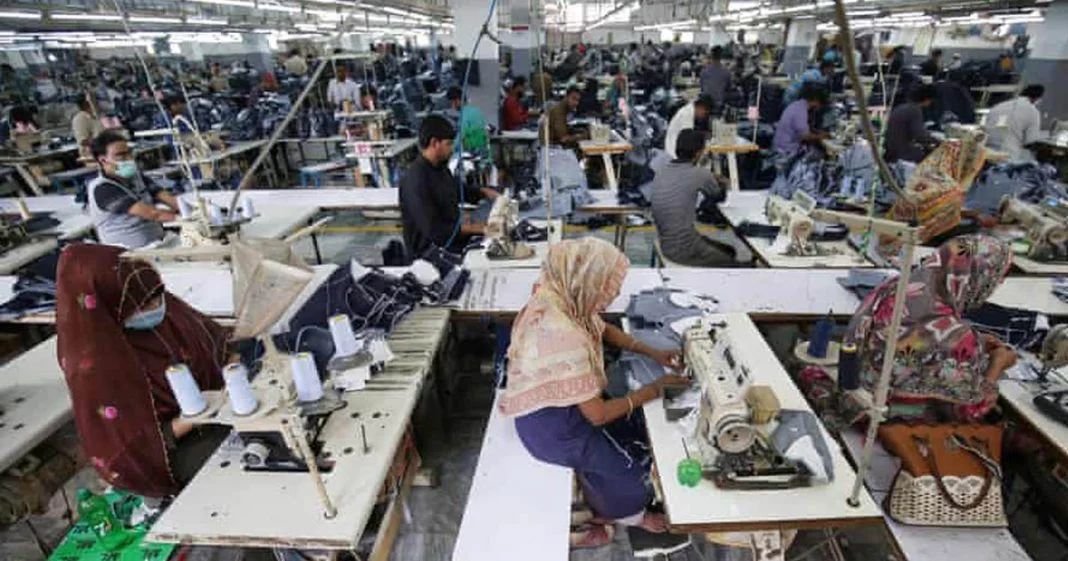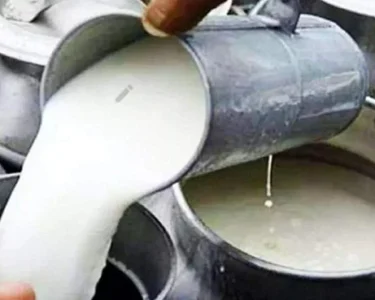WEB DESK: All Pakistan Textile Mills Association has expressed grave concerns over the detrimental tax and customs proposals outlined in the Finance Bill 2024, warning of severe repercussions for Pakistan’s textile industry.
These measures, deemed regressive and punitive by APTMA, pose an existential threat to the sector, which constitutes over 50% of the nation’s export earnings and employs 40% of its industrial workforce.
The withdrawal of zero-rating on local inputs for export manufacturing and the imposition of a 2% customs duty on cotton and high-performance man-made fibers (MMF) are particularly alarming. These actions are expected to disadvantage domestic producers, reduce value addition, and increase production costs, thereby diminishing the sector’s competitiveness.
Read More: New taxes on salaried employees to accelerate ‘brain drain’ in Pakistan
Additionally, APTMA has criticised the proposed 2% advance tax on turnover, coupled with a 29% tax on income (effectively 39% after super tax), which could severely deplete profitability and liquidity for textile exporters. This, combined with high operational costs and existing liquidity crises exacerbated by delayed refunds, threatens the sector’s viability.
The failure to rationalize import duties on critical raw materials like PTA and PSF further undermines local production competitiveness compared to regional peers. APTMA argues that such policies unfairly disadvantage Pakistani exporters against countries like Bangladesh, India, and Vietnam, which offer more favorable tax incentives and lower operational costs for textile firms.
The association warns that these measures could lead to significant job losses, widen the trade deficit, and impair economic stability. Urging a reconsideration of these proposals, APTMA highlights the need for policies that support rather than undermine Pakistan’s textile industry, a vital pillar of the national economy.
APTMA has raised serious concerns about the Finance Bill 2024, citing its potentially devastating impact on Pakistan’s textile sector. APTMA warns that proposed tax and customs changes could harm the industry, which contributes over 50% to Pakistan’s export earnings and employs 40% of its industrial workforce.
Read More: Govt plans revenue boost and expenditure cuts to revive economy: Aurangzeb
Key issues include the removal of zero-rating on local inputs for exports and the introduction of a 2% customs duty on cotton and high-performance man-made fibers. APTMA argues these measures will reduce domestic value addition, increase production costs, and undermine the competitiveness of Pakistani manufacturers.
Furthermore, APTMA criticises the proposed 2% advance tax on turnover, adjustable against a 29% tax on income (effectively 39% with the super tax), which could severely impact exporter liquidity and profitability. The association also highlights the failure to rationalize import duties on essential raw materials like PTA and PSF, making local production more expensive compared to regional competitors.
APTMA asserts that these policies could lead to job losses, widen the trade deficit, and threaten Pakistan’s economic stability. Urging a review of these measures, APTMA stresses the importance of supporting Pakistan’s textile sector, crucial for the country’s economic growth and employment.






